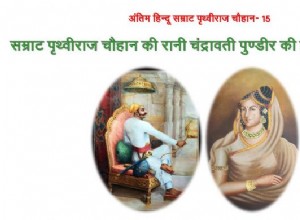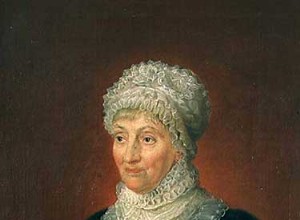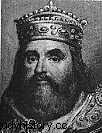Coming from a modest family, Emmanuel Kant was born in Königsberg, in East Prussia. After studying theology, philosophy and science, he became a tutor (from 1746 to 1755) then a teacher at the University of Königsberg.Kants thought developed in a context where Copernicus and Newton revolutionize thi




